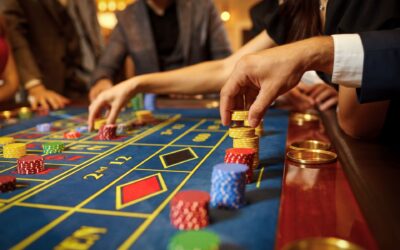It is always nice to be cited in a published court opinion. I was included in the decision by New York’s highest Court legalizing fantasy sports.
Unfortunately, I was mentioned only in the Dissent.
Last year I predicted that the New York Court of Appeals would agree with all the lower courts and rule that the State Legislature did not have the power to legalize fantasy sports, because the State Constitution outlawed “gambling,” defined as any game where chance is a material element [LINK].
I was right. Except a majority on the High Court changed the definition of gambling. New York now joins almost every other state in defining gambling as a game determined more by chance than skill. My mistake was in expecting the justices to stick with a different definition, the one they have used since 1894.
So, what does this mean for the future of legal gambling in New York?
The New York Legislature recently legalized online sports betting. March Madness brought in $1.64 billion in bets.
I am obviously not going to make any friends in the industry with this prediction, but I still believe courts will rule that online sports betting required amending the State Constitution, which was not done.
The Court of Appeals made it clear that the Constitution’s express prohibition on “bookmaking” still stands. It held that fantasy sports is legal because it does not involve “bets or wagers on sporting events.”
The Constitution does allow seven casinos in the state. But I don’t believe that any court will buy the argument that online sports betting has been magically transformed into casino gambling just because the servers are located in a casino.
But, as the fantasy sports decision demonstrates, appellate justices are free to “clarify” the law in just about any way they like.
P.S. My thanks to my friend, Dan Schiffman, one of the nation’s leading gaming lawyers, for sending me White v. Cuomo, the fantasy sports decision.
© Copyright 2022, all rights reserved worldwide. Gambling and the Law® is a registered trademark of Professor I. Nelson Rose, www.GamblingAndTheLaw.com.





0 Comments